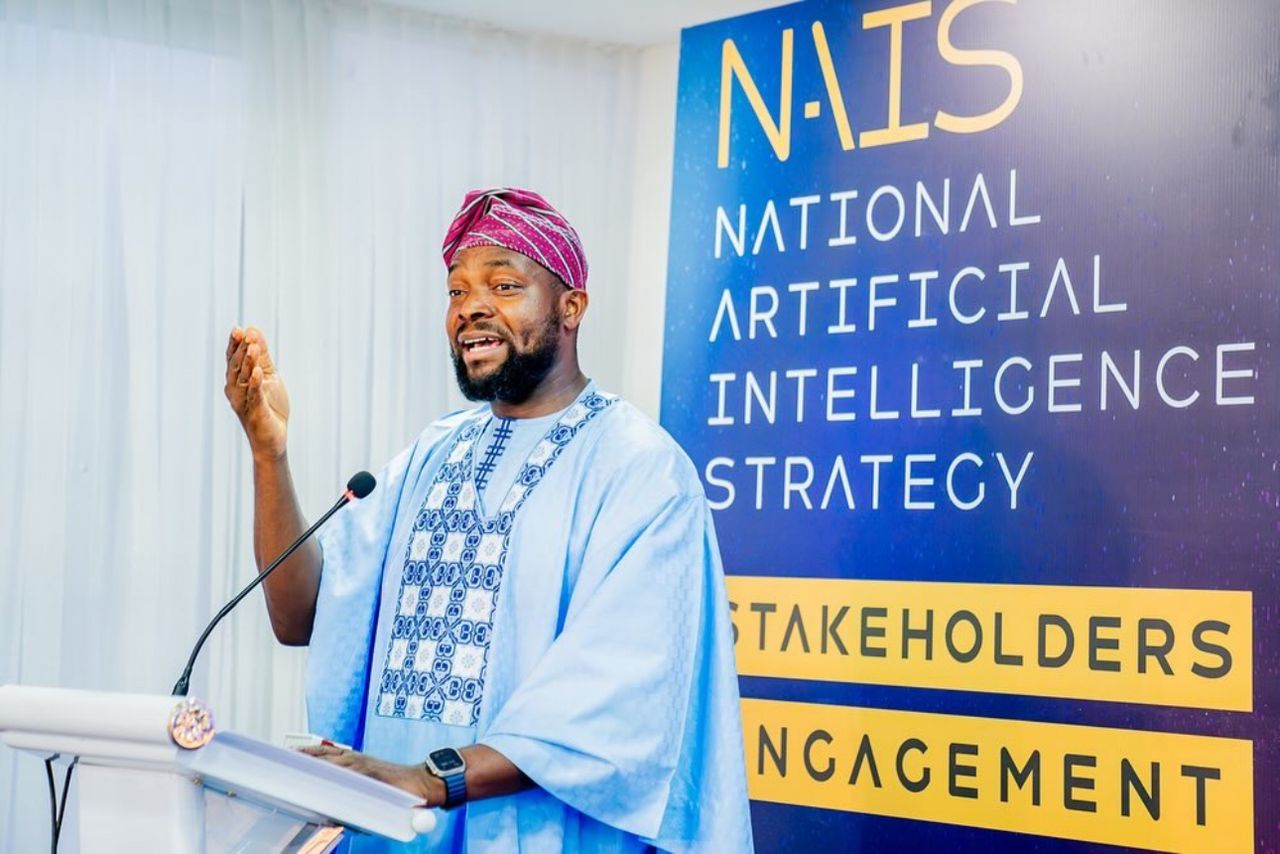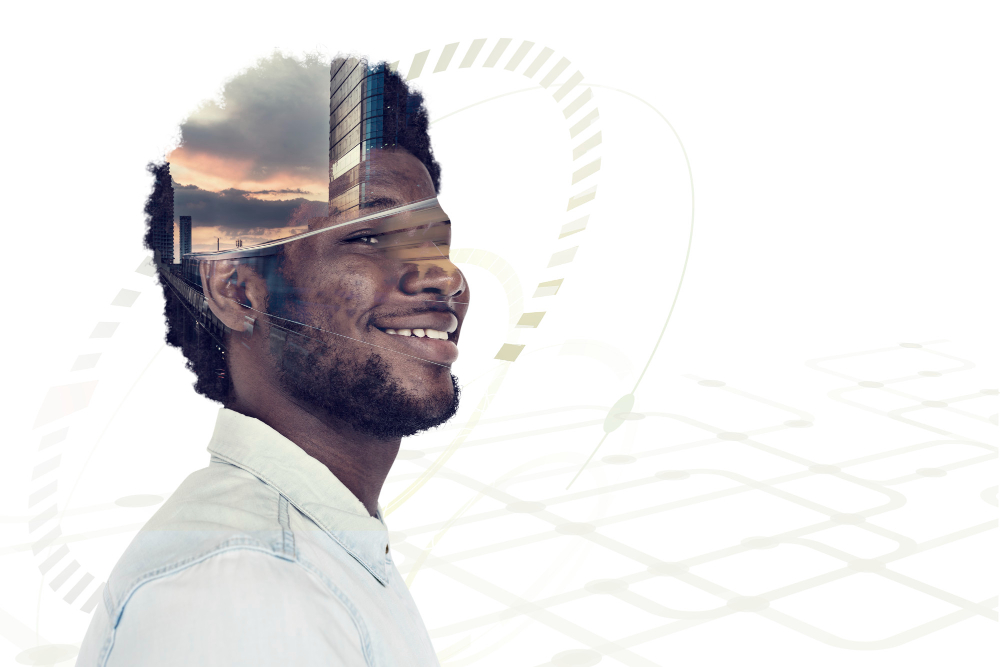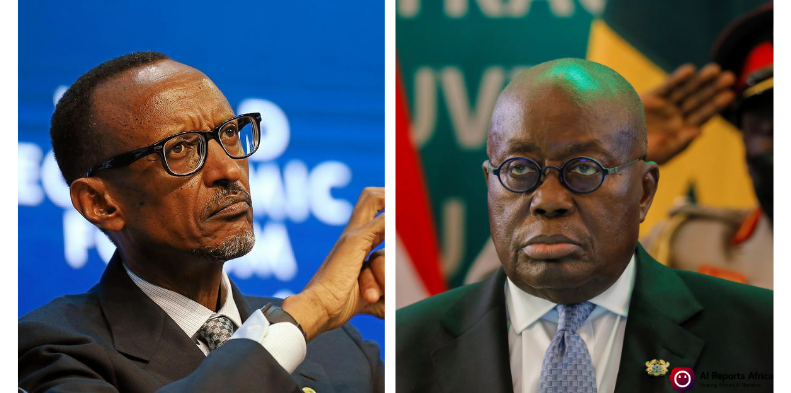In the heart of Africa’s most populous nation, a digital storm is brewing—not of chaos, but of calculated innovation. Nigeria’s National Artificial Intelligence Strategy (NAIS), launched amid global fanfare in April 2025, isn’t just policy on paper; it’s a profound blueprint for harnessing AI to propel a $1 trillion economy, bridge societal divides, and position the continent as a moral compass in the global tech race.
At its core, the NAIS—co-crafted with over 120 experts, including giants like Google, Microsoft, and the Gates Foundation—unfolds across five pillars: foundational infrastructure, ecosystem building, sector transformation, ethical development, and robust governance. This isn’t mere ambition; it’s action. By mid-2025, over 40,000 talents have been trained through initiatives like Data Science Nigeria’s (DSN) programs, targeting youth and women in a nation where 60% are under 25. Pilots like Service-Wise GPT are slashing bureaucratic red tape, saving users hours while boosting governance transparency—a quiet revolution in public service.
Yet, profundity lies in its ethical spine. In a world where AI amplifies biases, Nigeria mandates bias audits, human oversight, and transparency, aligning with ISO standards and the EU AI Act.1 The strategy’s risk-based approach prohibits unchecked high-stakes deployments, echoing the 2023 Bletchley Declaration. In March 2025, NITDA unveiled an AI Transformation Roadmap, establishing a National Committee for AI and Data Governance to safeguard privacy and foster “Safe AI.” By February, Nigeria joined the Paris Charter on AI, committing to public-interest tech amid a 27% annual AI market growth projected through 2030.
Sectoral leaps underscore the framework’s punch: In agriculture, precision AI combats food insecurity; in healthcare, diagnostics predict outbreaks; in education, local-language tools personalize learning for millions. But challenges loom—skills gaps, regulatory fragmentation under the 2023 Nigeria Data Protection Act (NDPA), and uneven adoption. PwC warns of inequality risks without inclusive policies, while critics highlight overlooked hurdles like infrastructure deficits.
Minister Bosun Tijani, TIME’s 2025 AI influencer alongside Elon Musk and Sam Altman, embodies this vision. At GITEX Nigeria 2025 earlier this month, he rallied for a pan-African AI policy, declaring, “Africa isn’t catching up; we’re defining the ethical future.” Events like the AI & Robotics Summit and Lagos stakeholder forums amplify this call, blending global partnerships with local ingenuity.
As 2025 unfolds, Nigeria’s framework isn’t just policy—it’s a profound statement: In AI’s shadow, equity and innovation can coexist, turning a nation’s potential into global proof. The world watches; Africa leads.





Your point of view caught my eye and was very interesting. Thanks. I have a question for you.
Thanks for sharing. I read many of your blog posts, cool, your blog is very good.